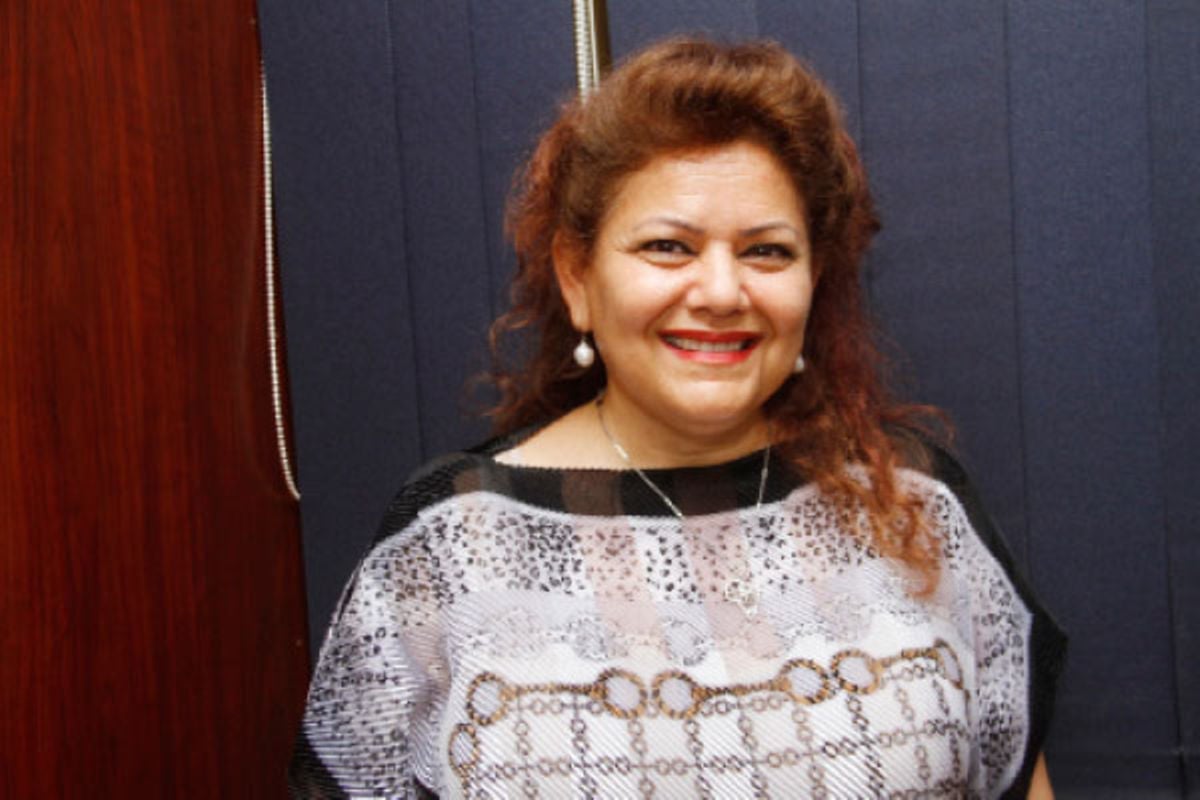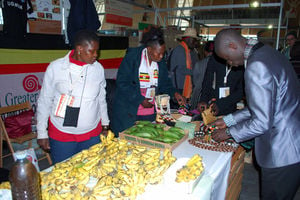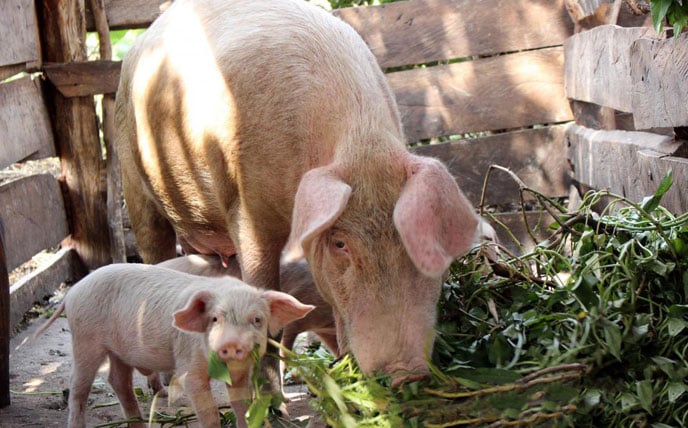
When I left my parents' home to a new home with my husband, I did not know how to cook the complex Persian cuisine that is part of the culture in every Persian home. Our mother was not into a lot of cooking. She had other priorities, but we got one decent hot meal per day that was tasty.
On the contrary, in my in-laws' household, food and cooking were a priority and it was with my mother-in-law that I was introduced to cooking, not just any cooking. She was a first-class cook and it was in their family. Apparently when you have the touch or as we say the good breath in cooking, you have it. Even when you cook the simplest of the recipes, of course, it is also the fact of loving to cook. It is not a straightforward recipe, it is always a little extra here, a little less there and the food is ready.
With the first bites going down, I would immediately know if the dish is a success or not, and it is true about cooking, that sometimes if the mindset is not right, the cooking will follow the same path.
So lately an interesting interaction with my brother about this subject intrigued me to write this article. They have a new help in the house and she started cooking for them. They are used to Middle Eastern cuisine, she is from India, and Indian cuisine is spicy. She tries to keep spices to a minimum. And as we want less oils and salt to have a healthier diet, the outcome of her cooking is some sort of unknown hybrid cuisine, my brother said: “This food is good, but has no identity!”
I burst into laughter at how accurate his definition and it was reminded me that indeed even food, actually specifically food must have an identity. As we continued our conversation, he mentioned that recently an authentic Italian restaurant opened in Kuwait and closed after a few months because it was not pleasing to the local’s palates, and you think that Italian food is universally loved by all.
Indeed, however in every country, it is adapted to the local taste, while Americans add pineapple to pizza, an act that Italians consider a horror on their dough, Middle Eastern nations never eat pasta al dente. In fact in Iran, we overcook spaghetti to an almost mushy consistency. Again a horror in the eyes of the Italians.
People in the Persian Gulf region like their sauces, so if food is too dry it’s a no go, imagine people adding ketchup on pizza to make it more saucy, if you dare ask for ketchup in an authentic Pizzeria, don’t be astonished to get a furious reaction, even if the customer is always right, you can only ask for spicy olive oil to add to your pizza.
For me, Ugandan food will forever remain one with a strong identity, even though I will not eat the most loved, smoked fish.








